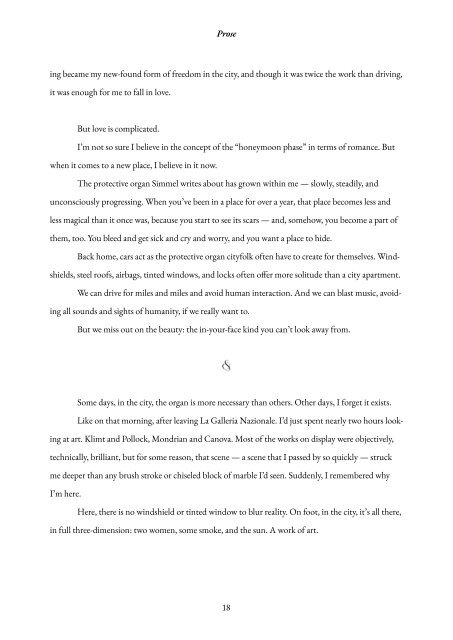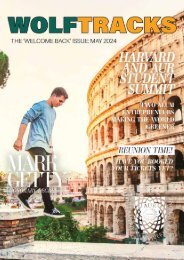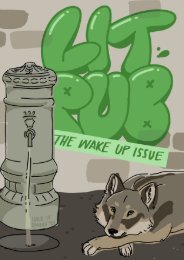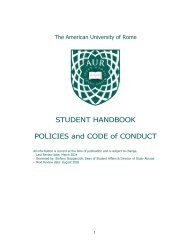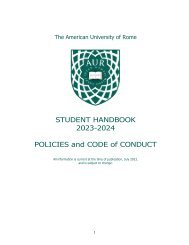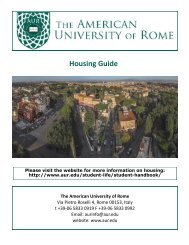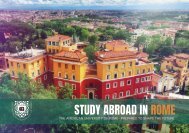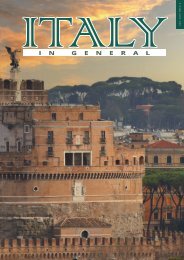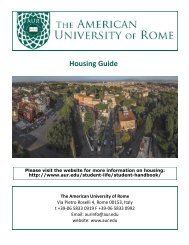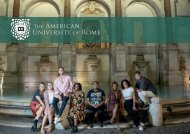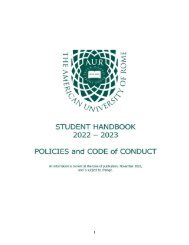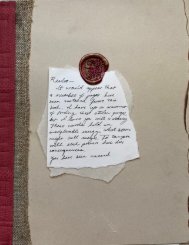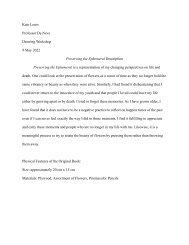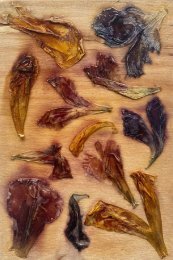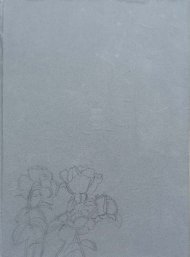AUR LitPut III Spring 2023 - From Now To Then
"When I found out about my father’s diagnosis, my first impulse was to light up,” Nalu Gruschkus writes in the opening line of Abnormal Whites and Excessive Blues, her striking piece about her father’s cancer and her own addiction to smoking. In A Bit of Extra Fun, Delaida Rodriguez is having an unpleasant lunch at a restaurant with her boozy mother. Over a chicken sandwich she has barely touched, she peers into her mother’s jade eyes only to realize with dread that she is more like her than she would care to be. Sam Geida looks back in Friday Night Dinners to the glorious family get-togethers at his grandmother’s house – now it’s only a few of them around the same table, with paper plates and the flat blue and white cardboard boxes of Gino’s Pizzeria. The stories in last year’s issue of Lit/Pub were mostly about making sense of things as we emerged from our Covid isolation. The mood is more assertive this year. Isabela Alongi’s vibrant cover design brilliantly evokes a world in movement and young people going places. It is a thread we pick up again in Josephine Dlugosz’s delicate musings (Work of Art), and in the short fiction of Scott Cameron and Raegan Peluso (A Song for Mr Solomon and Two-Faced). The poetry section is especially strong with Gina Carlo’s compassionate trilogy about love and loss and Scott Cameron’s haunting poem about his return to the bleak post-Katrina wasteland. On the lighter side, Lit/Pub spoke to Professor Bruno Montefusco about campus fashion. In the new memoir section, D.P. gives us a tender account of a childhood road trip with her father to Arizona (Snow). And students are traveling again! Emily Chow takes us with her on her intrepid solo trip to Malta. Rome, May 2023
"When I found out about my father’s diagnosis, my first impulse was to light up,” Nalu Gruschkus writes in the opening line of Abnormal Whites and Excessive Blues, her striking piece about her father’s cancer and her own addiction to smoking. In A Bit of Extra Fun, Delaida Rodriguez is
having an unpleasant lunch at a restaurant with her boozy mother. Over a chicken sandwich she has barely touched, she peers into her mother’s jade eyes only to realize with dread that she is more like her than she would care to be. Sam Geida looks back in Friday Night Dinners to the glorious family get-togethers at his grandmother’s house – now it’s only a few of them around the same table, with paper plates and the flat blue and white cardboard boxes of Gino’s Pizzeria.
The stories in last year’s issue of Lit/Pub were mostly about making sense of things as we emerged from our Covid isolation. The mood is more assertive this year. Isabela Alongi’s vibrant cover design brilliantly evokes a world in movement and young people going places. It is a thread we pick up again in Josephine Dlugosz’s delicate musings (Work of Art), and in the short fiction of Scott Cameron and Raegan Peluso (A Song for Mr Solomon and Two-Faced).
The poetry section is especially strong with Gina Carlo’s compassionate trilogy about love and loss and Scott Cameron’s haunting poem about his return to the bleak post-Katrina wasteland. On the lighter side, Lit/Pub spoke to Professor Bruno Montefusco about campus fashion. In the new memoir section, D.P. gives us a tender account of a childhood road trip with her father to Arizona (Snow). And students are traveling again! Emily Chow takes us with her on her intrepid solo trip to Malta.
Rome, May 2023
Create successful ePaper yourself
Turn your PDF publications into a flip-book with our unique Google optimized e-Paper software.
Prose<br />
ing became my new-found form of freedom in the city, and though it was twice the work than driving,<br />
it was enough for me to fall in love.<br />
But love is complicated.<br />
I’m not so sure I believe in the concept of the “honeymoon phase” in terms of romance. But<br />
when it comes to a new place, I believe in it now.<br />
The protective organ Simmel writes about has grown within me — slowly, steadily, and<br />
unconsciously progressing. When you’ve been in a place for over a year, that place becomes less and<br />
less magical than it once was, because you start to see its scars — and, somehow, you become a part of<br />
them, too. You bleed and get sick and cry and worry, and you want a place to hide.<br />
Back home, cars act as the protective organ cityfolk often have to create for themselves. Windshields,<br />
steel roofs, airbags, tinted windows, and locks often offer more solitude than a city apartment.<br />
We can drive for miles and miles and avoid human interaction. And we can blast music, avoiding<br />
all sounds and sights of humanity, if we really want to.<br />
But we miss out on the beauty: the in-your-face kind you can’t look away from.<br />
Some days, in the city, the organ is more necessary than others. Other days, I forget it exists.<br />
Like on that morning, after leaving La Galleria Nazionale. I’d just spent nearly two hours looking<br />
at art. Klimt and Pollock, Mondrian and Canova. Most of the works on display were objectively,<br />
technically, brilliant, but for some reason, that scene — a scene that I passed by so quickly — struck<br />
me deeper than any brush stroke or chiseled block of marble I’d seen. Suddenly, I remembered why<br />
I’m here.<br />
Here, there is no windshield or tinted window to blur reality. On foot, in the city, it’s all there,<br />
in full three-dimension: two women, some smoke, and the sun. A work of art.<br />
18


